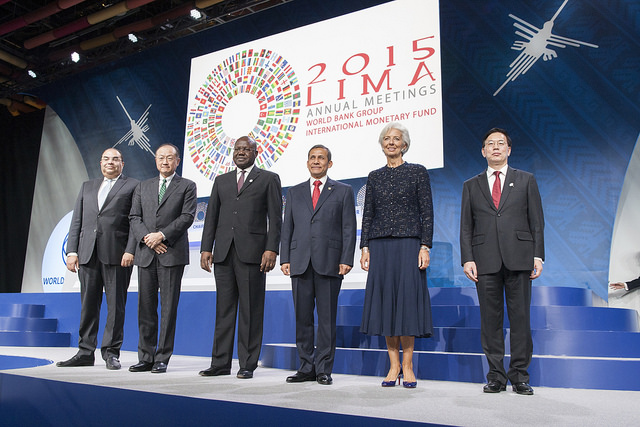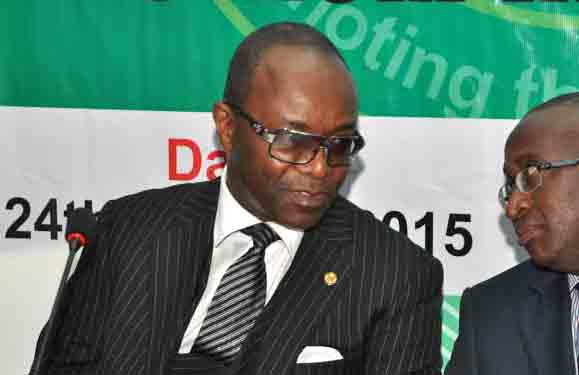The world economic growth for the year 2015 is set to disappoint, as it slows at 3.1 percent for the year 2015, the World Bank has revealed.
According to the bank’s global monitoring report for 2015/2016, “world economic growth in 2015 is set to disappoint, down to 3.1 percent, from 3.4 percent in 2014, on the basis of slower growth in many emerging market economies”.
Philip Schellekens (pictured), the report’s lead author, said the world is experiencing a demographic change which should be put to use to unlock opportunities.
“The engines of global growth need to address demographic headwinds and adapt institutions and policies to aging. In today’s interconnected world, effective policies will also arbitrage demographic change across countries,” he said.
Advertisement
“Freer flows of capital, trade and— especially—labor present tremendous opportunity to turn this era of intense demographic change into one of sustained development progress.”
Seán Nolan, deputy director in the IMF’s strategy, policy, and review department, who spoke on the report, said the global market is becoming largely uncertain.
“The global economic environment is increasingly uncertain, with growth prospects having again been marked down—feeding concerns about a more fundamental slowdown in the trend growth rate in many countries,” he said.
Advertisement
“Supply-side reforms to revitalize productivity growth are essential, with the key actions required varying with country circumstances.”
The report adds that growth is expected to pick up to 3.6 percent in 2016, helped by strengthening recoveries in major advanced economies—led by the United States— and some turnaround from weak situations in several emerging market and developing economies.
The report recommends that governments should encourage savings for productive investment, female participation in the workforce, and strengthening of social welfare systems, in late-dividend countries where the share of the working age population is declining like Brazil.
Post-dividend countries such as Japan, which are characterized by declining workforces and rising numbers of elderly, were advised to complete health care and pension reforms and take further steps to raise workforce participation and productivity.
Advertisement
The report was unveiled at the annual meeting of the World Bank Group and the IMF, holding in Lima, Peru.
Add a comment







